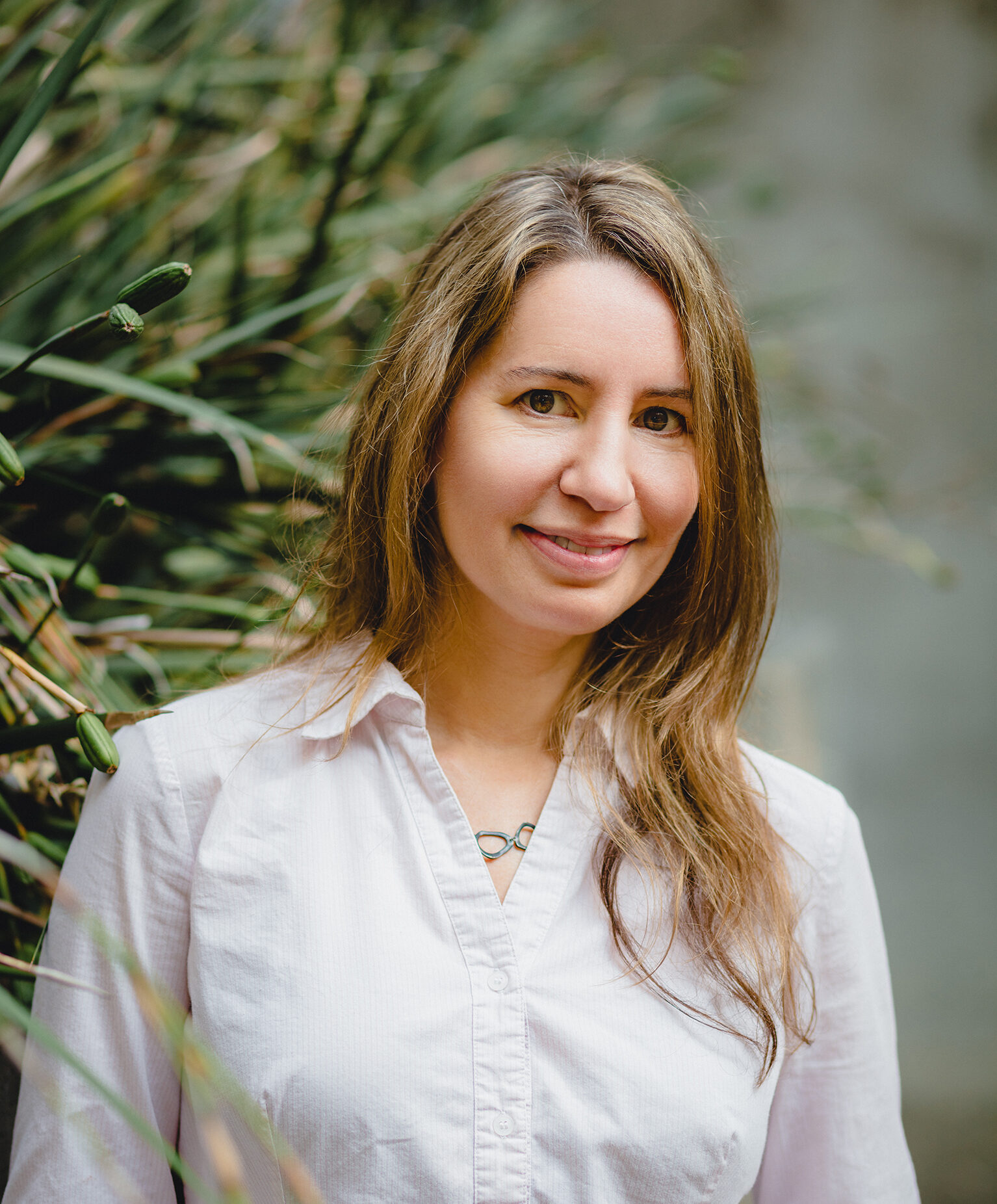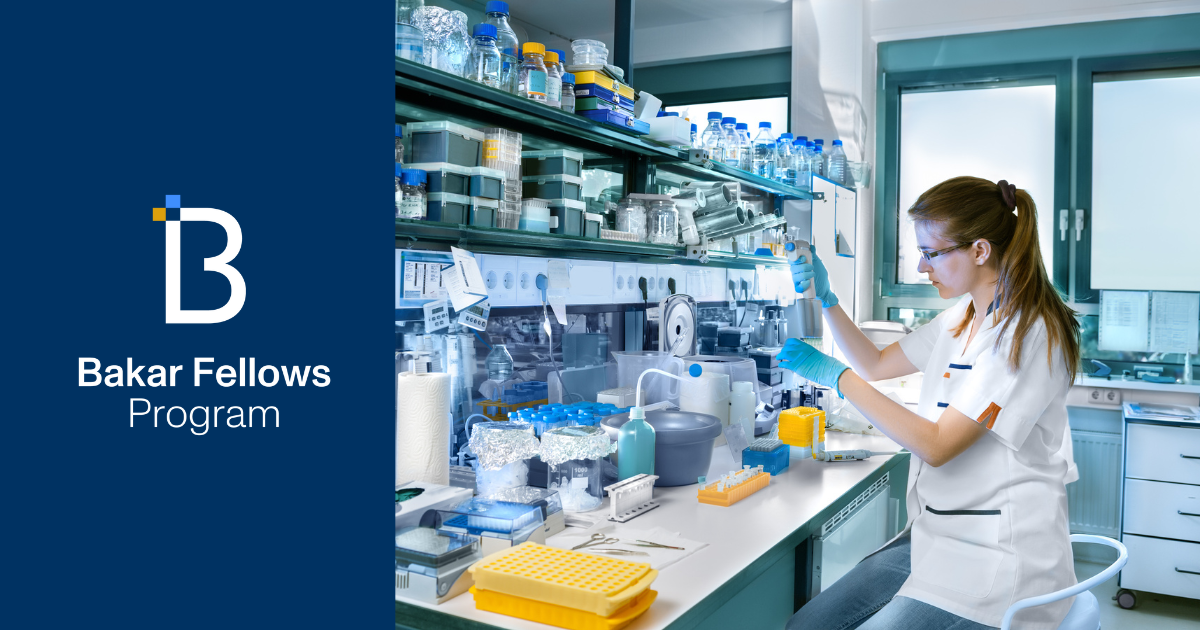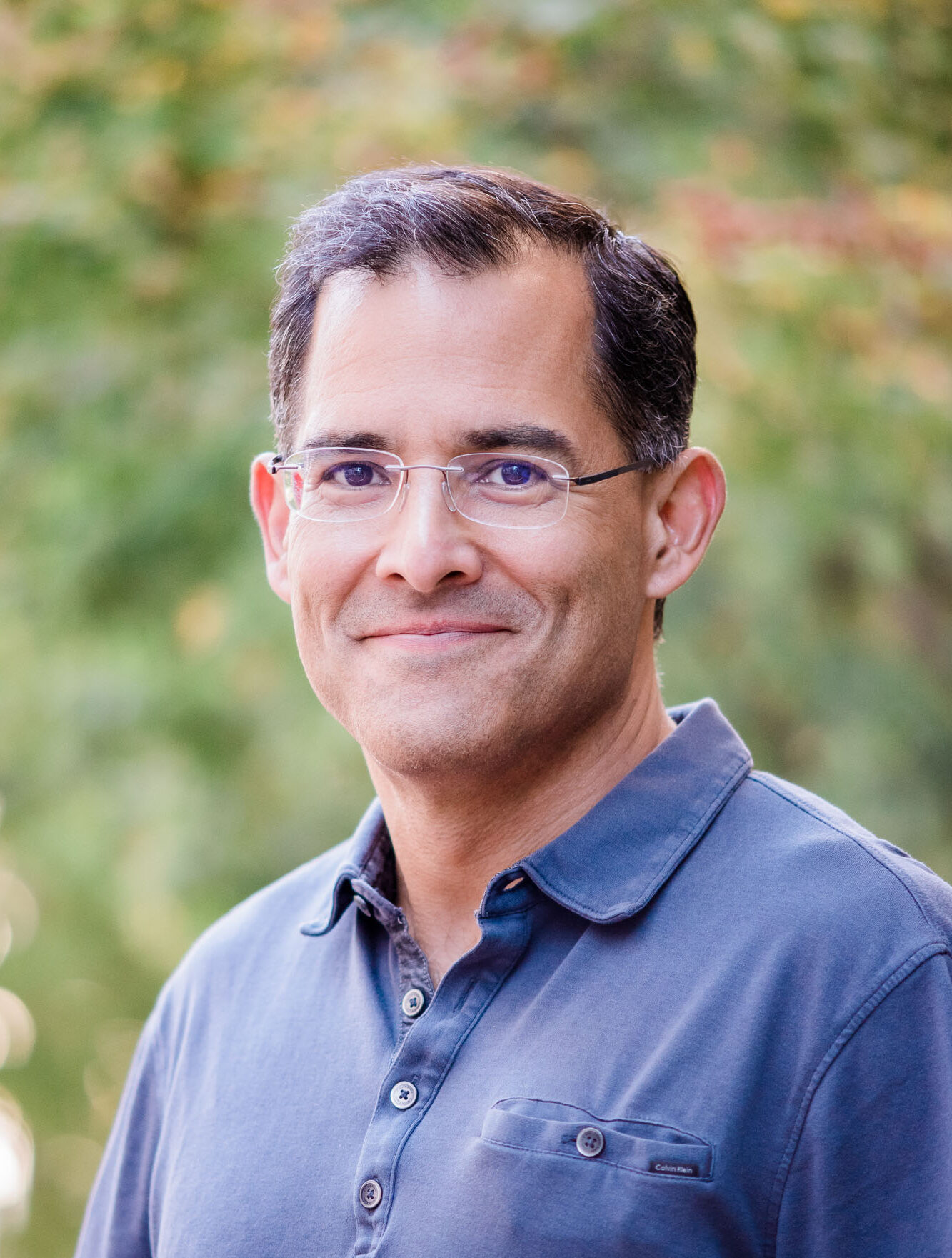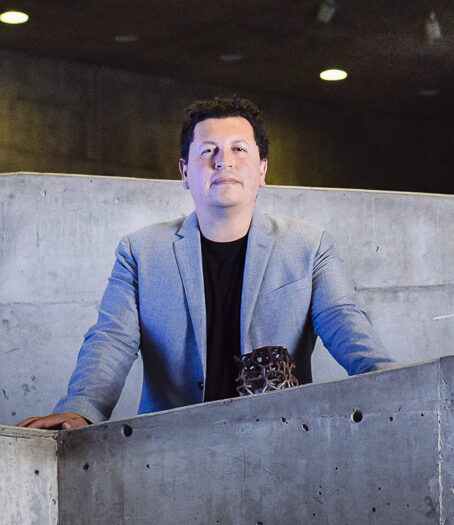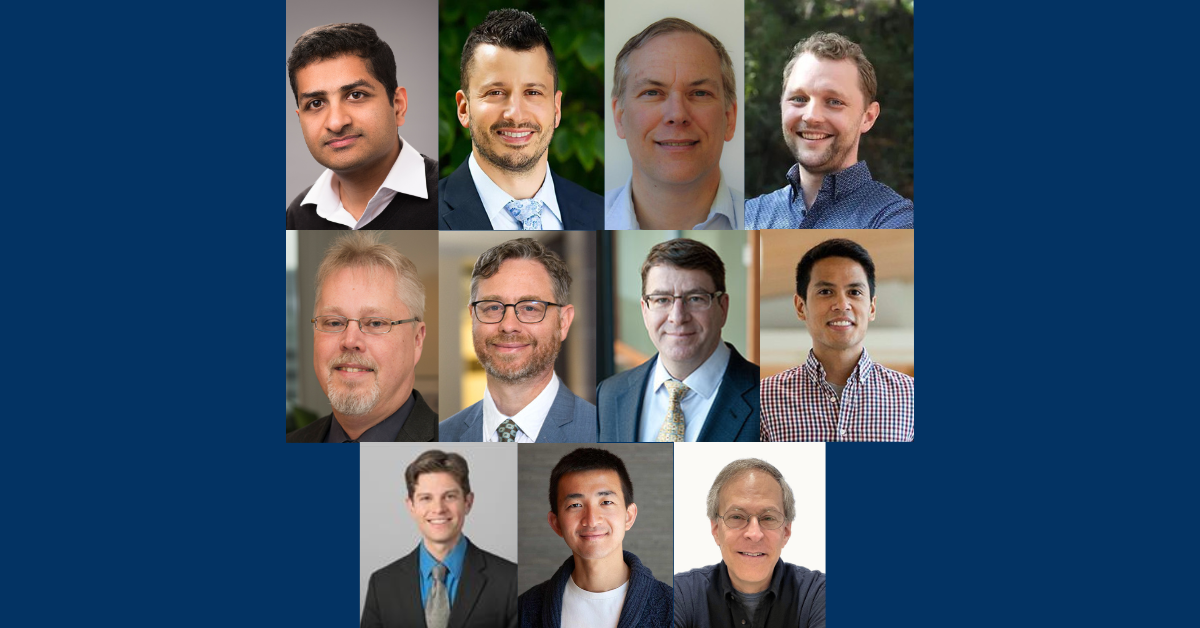
By Niki Borghei
There is a reason why UC Berkeley consistently ranks as one of the top universities for entrepreneurship. The 2023 Spark Award recipients are a prime example of the power of breakthrough research combined with an entrepreneurial campus ecosystem.
This year, the Spark Award call expanded to include UC San Francisco faculty who are collaborating with UC Berkeley faculty, springing forth a robust group of health tech innovators who are ready to take on today’s challenges.
The Bakar Spark Award aims to further cultivate the entrepreneurial spirit among the recipients. With funding, resources, and mentorship, they will be equipped to transform their cutting-edge ideas into practical and marketable solutions. As they embark on their entrepreneurial journey, these talented individuals will not only lead their ventures to success but will also inspire a new generation of aspiring entrepreneurs on campus.
Get to know the new Spark Award recipients and their projects below:
Sanjam Garg, Building trust in a trustless world: Next generation zkSNARKs
zkSNARKs are cryptographic primitives that allow a prover to generate a small certificate of the correctness of a potentially very expensive computation. Furthermore, these certificates are cheap to verify and hide secrets the prover may have used in performing the computation. Realizing efficiency zkSNARKs have been a topic of extensive research in recent years, but despite recent advances, the generation of zkSNARKs remains thousands of times slower than checking the relation directly for typical applications, with large memory usage — effectively limiting their broader deployment. This proposal aims to take on this challenge.
Ezequiel Goldschmidt (UCSF) & Ron Fearing (UCB), Soft base-growing robot for endoscopic navigation
Current surgical tools cannot navigate tortuous anatomical corridors, and as a result, accessing certain locations requires extensive tissue removal, general anesthesia, and a full operating room. They aim to produce a soft, deformable robot capable of visualizing and freely navigating complex anatomical environments while creating a working tool channel that minimally disturbs surrounding tissues. This device has the potential to expand the capabilities of any complex endoscopic surgical procedure.
Ben Williams, Unlocking natural regeneration in plants by suppressing an epigenetic pathway
Ben Williams is seeking to unlock tissue and organ regeneration in engineered & gene edited plants, a complicated process that is currently the biggest bottleneck to crop improvement. Williams proposes to enhance plant regeneration by manipulating enzymes that control cell identity in plants. His ultimate vision is to democratize crop improvement by developing technologies that enhance crop improvement without requiring sophisticated expertise, equipment or expensive materials.
Matt Springer (UCSF) & Anders Naar (UCB), Therapeutic targeting of a pathological MicroRNA in cardiac disease
The Springer lab has decades of experience applying cell/gene/drug therapeutic approaches to cardiovascular diseases, and the Näär lab has uncovered several miRNAs as crucial regulators of cholesterol/lipid homeostasis and whole animal metabolism, with important ramifications for the treatment of cardiometabolic diseases. Together, they propose to develop a commercially viable therapy for three forms of cardiac disease: heart failure, smoking-related cardiac dysfunction, and Barth Syndrome cardiomyopathy.
Miles Conrad (UCSF) & Phil Messersmith (UCB), Self-associating polymers for tumor ablation by hydrodissection
Image-guided percutaneous thermal ablation is a minimally invasive alternative to surgical resection of malignant tumors. To address safety concerns associated with this procedure, they developed a hydrogel that is biocompatible, biodegradable, easily injectable due to shear-thinning, mechanically strong enough to displace tissues, and highly viscous and resistant to dissipation away from the deposition site.
James Nuñez, CRISPR epigenetic editing for immune cell engineering
James Nuñez is pioneering new CRISPR technologies that do not induce potentially harmful DNA breaks in human cells. Instead, he proposes to pioneer new CRISPR tools that can edit the ‘epigenetic’ chemistry of human immune cells to turn off genes that allow for more persistent anti-tumor killing activity. He will use recent advances in mRNA therapeutics to deliver his new CRISPR tools into primary immune cells for use in cancer immunotherapy applications. The resulting epigenetic editing technologies transcends to other biomedical applications where targeted silencing of disease-relevant genes leads to clinically beneficial outcomes.
John Chorba (UCSF) & Ziyang Zhang (UCB), Reprogramming PCSK9 biology for targeted membrane protein degradation
Targeted protein degradation is a powerful therapeutic strategy that has greatly expanded the landscape of tractable disease targets. However, current methods are largely limited to proteins inside the cell. Many cancer and immunological targets are located on the cell membrane –therapeutic approaches to degrade these targets are scarce and often require antibodies or large oligomeric molecules. Yet a natural degradation signal for surface proteins already exists. They propose to leverage this natural mechanism into a small molecule-based platform for targeted protein degradation of the cell surface and extracellular spaces.

